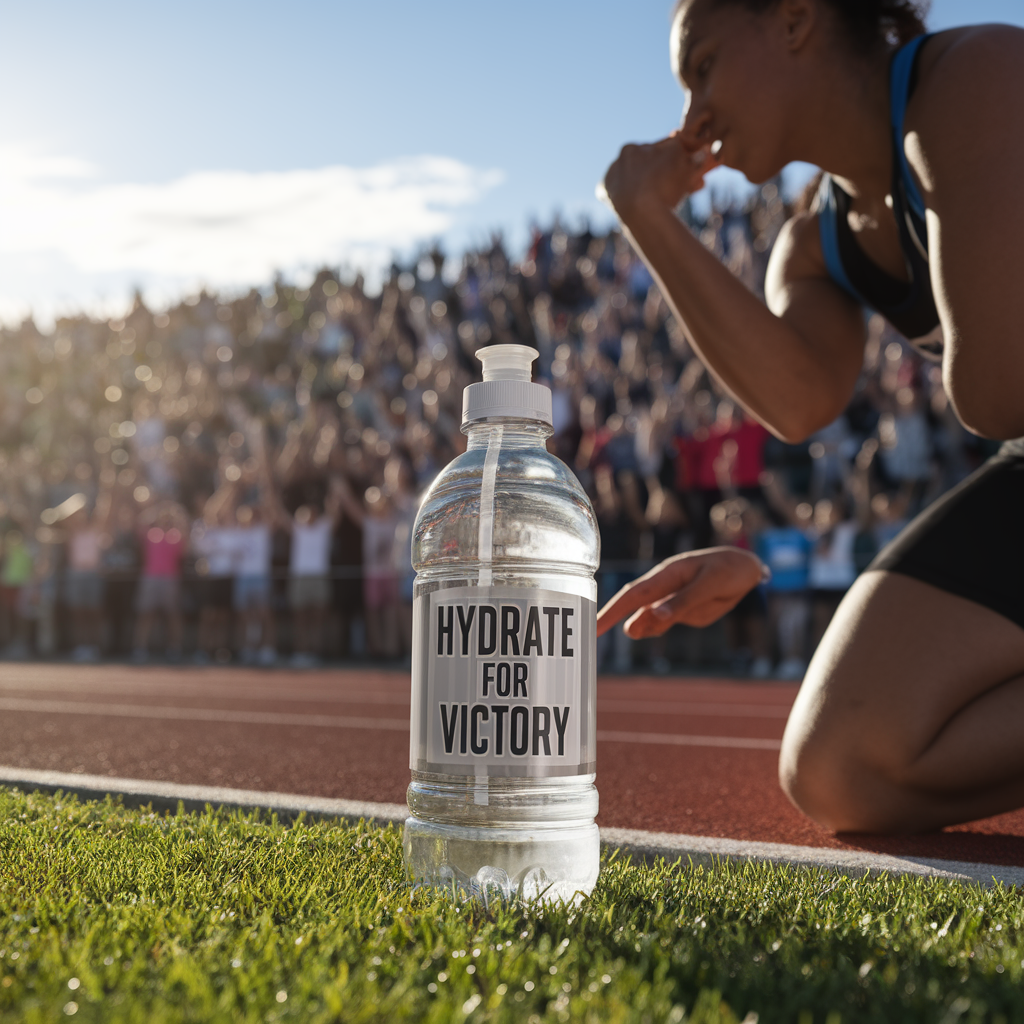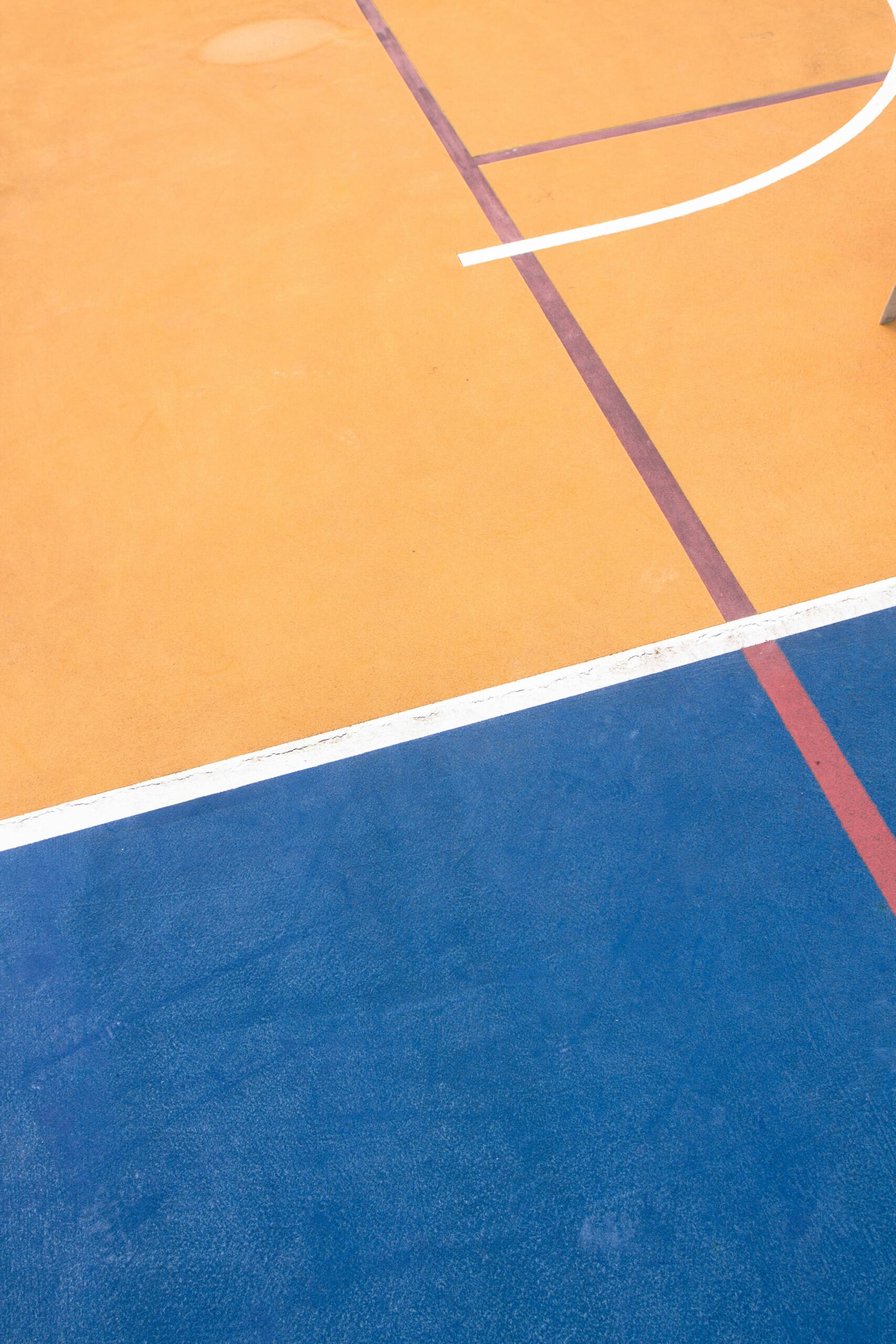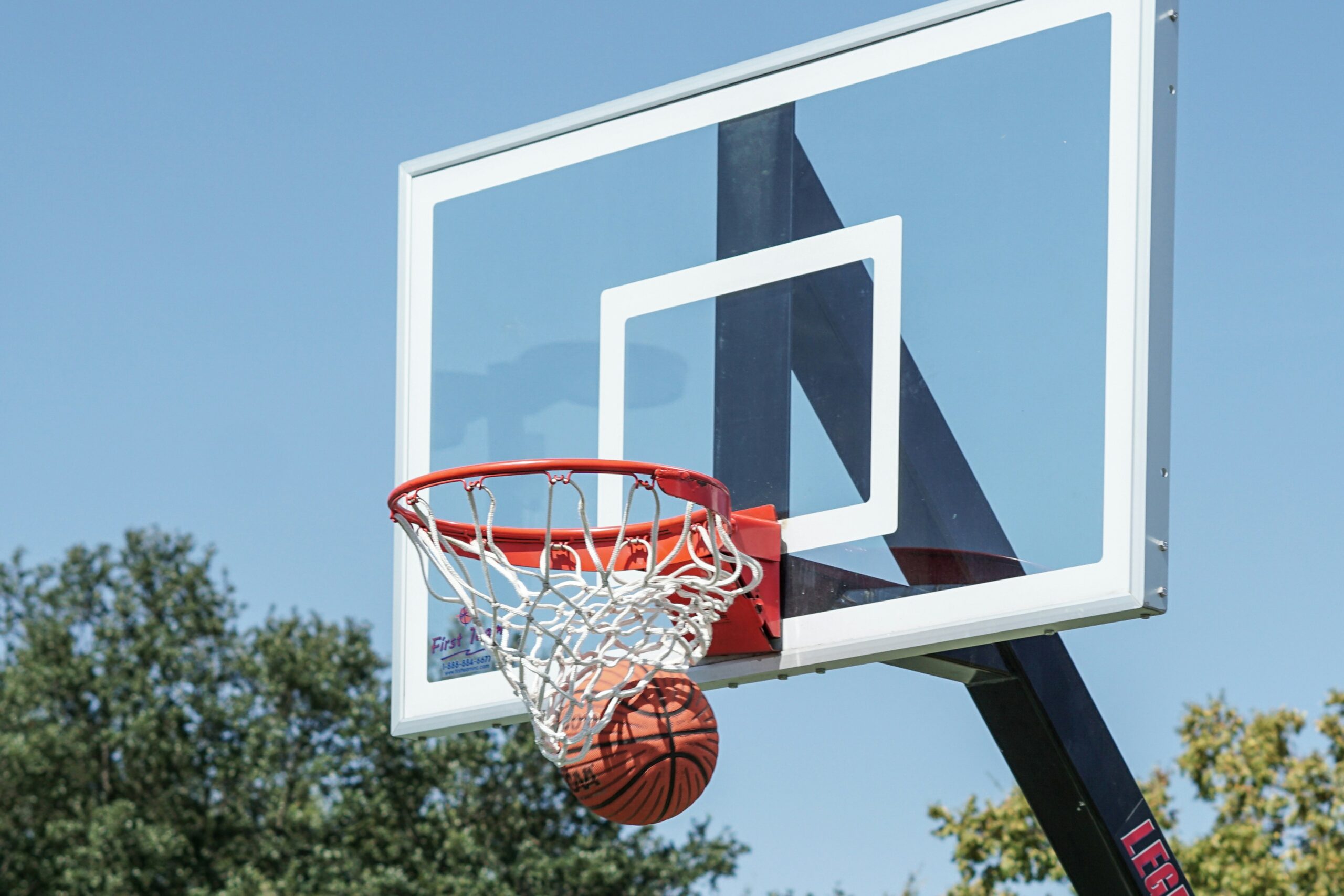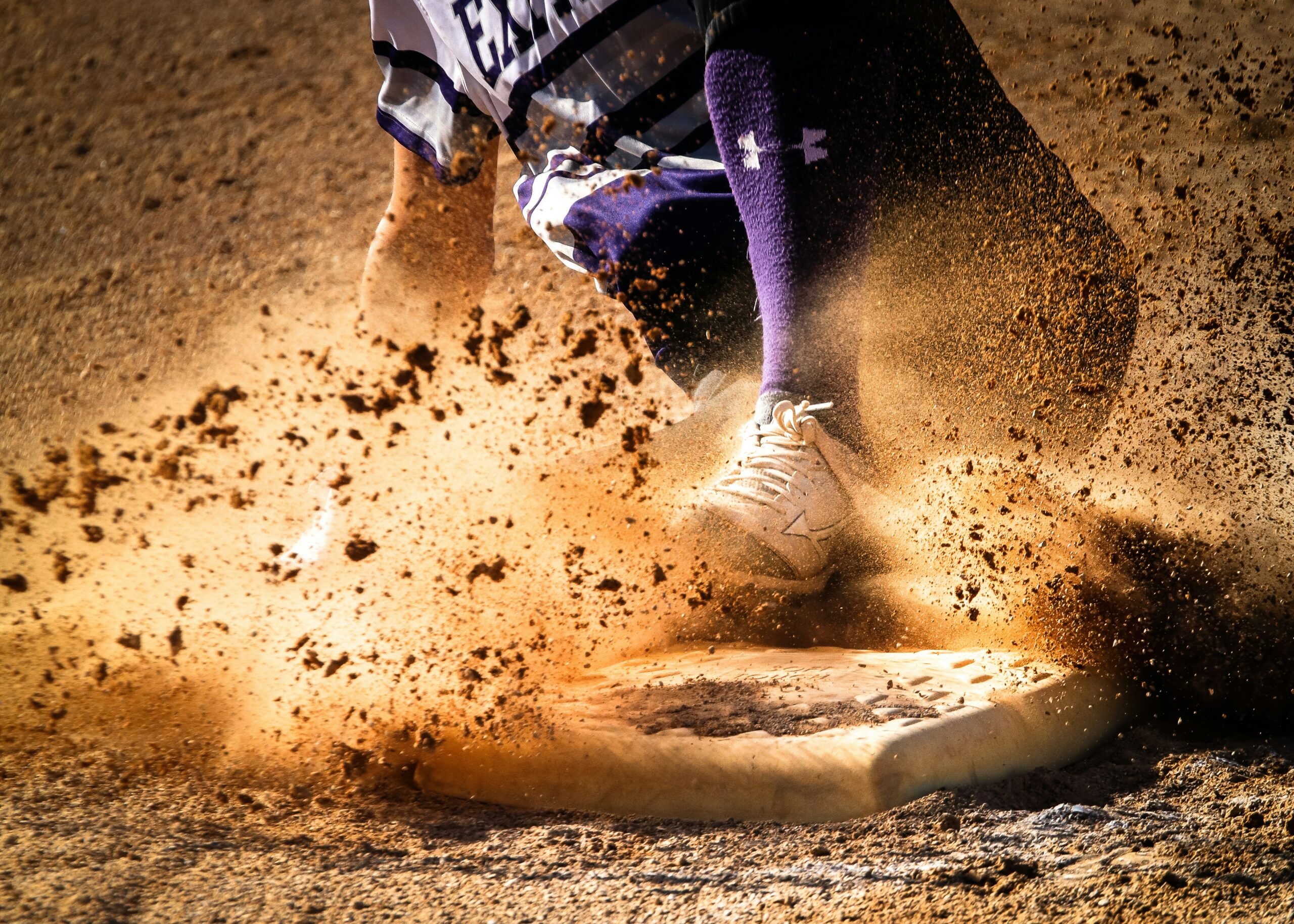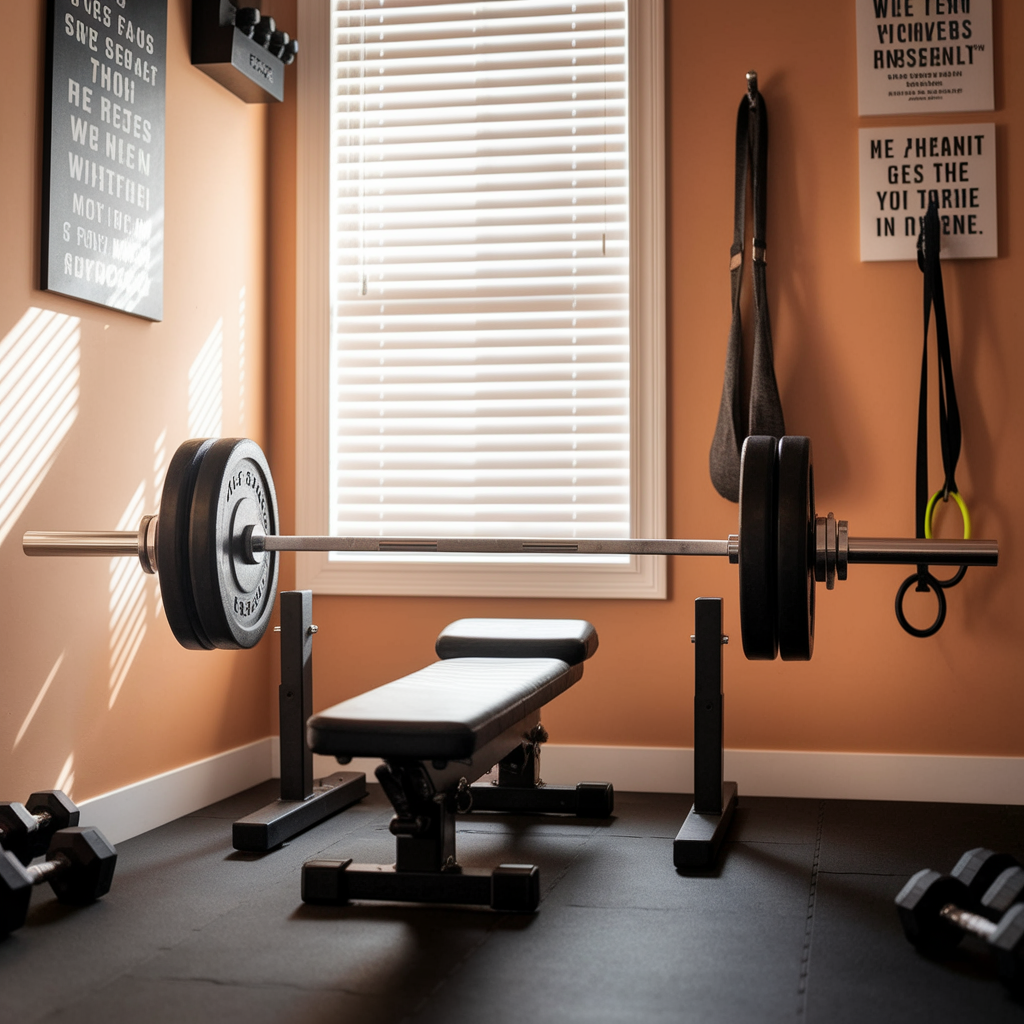The Importance of Hydration in Sports Performance
When we think of elite athletes, our minds often conjure images of grueling training sessions, intense competition, and the glory of victory. But beneath the surface of these success stories lies an essential, often overlooked factor that can make or break performance: hydration. Yes, hydration! It may not bring to mind the excitement of a last-minute goal or the thrill of breaking a world record, but the truth is, staying properly hydrated is crucial for any athlete—whether you’re a weekend warrior or a professional sports star.
Now, let’s get one thing straight: hydration isn’t just about gulping down water before a game or chugging an electrolyte drink after a long training session. Oh no, it’s a bit more nuanced than that. It’s about a delicate balance of fluids, electrolytes, and the timing of your intake. To fully grasp the importance of hydration in sports performance, we need to delve into the science behind it, the consequences of neglecting it, and some practical tips to ensure you stay ahead of the game.
The Science Behind Hydration
First off, let’s break down what hydration means in a sporting context. Your body is composed of approximately 60% water, and this fluid plays an integral role in just about every bodily function. From regulating temperature to transporting nutrients, maintaining hydration is vital for optimal performance. When you sweat—something that every athlete knows all too well—you’re not just losing water; you’re also losing electrolytes like sodium, potassium, and magnesium. These little guys are essential for muscle function and nerve signaling, and without them, your performance can suffer significantly.
It’s a bit like having a car with a great engine but no fuel. You can rev it up, but if it doesn’t have the necessary liquid gold flowing through its veins, you’ll be stuck on the side of the road. Studies suggest that even a 2% decrease in body weight due to fluid loss can lead to a decline in performance. Imagine running that marathon or playing in that championship game while feeling sluggish, just because you forgot to hydrate properly. It’s enough to make any athlete cringe.
Effects of Dehydration on Performance
So, what exactly happens when you don’t hydrate well? Well, let’s paint a picture here. Picture yourself in the middle of a grueling basketball game. You’ve been running up and down the court, adrenaline pumping, and suddenly, you feel a bit dizzy. Your mouth is dry, and your legs feel like lead. What’s happening? You guessed it—dehydration is creeping in.
Some of the common effects of dehydration include:
- Decreased endurance: As the body loses fluids, it becomes less efficient at regulating temperature, leading to increased fatigue.
- Reduced strength: Dehydration can negatively impact muscle function, leading to reduced strength and power output.
- Impaired cognitive function: Yes, your brain needs hydration too! A lack of fluids can impair concentration, reaction times, and decision-making skills—crucial elements in any sport.
- Increased risk of injury: When your muscles and joints are dehydrated, the likelihood of cramps, strains, and even more serious injuries can increase exponentially.
It’s easy to overlook hydration when you’re focused on the game, but the consequences can be quite dire. I remember attending a local marathon a few years back, and it was heartbreaking to see so many runners sidelined by cramping or fatigue, simply because they hadn’t paid attention to their hydration strategy. It’s a tough lesson to learn, but one that can be avoided with a little foresight.
Hydration Strategies for Athletes
Now that we’ve established just how crucial hydration is for sports performance, let’s dive into some practical strategies that can help you stay ahead of the curve. After all, no one wants to be that athlete who runs out of steam halfway through a race, right?
1. Understand Your Fluid Needs
Every athlete is different, and so are their hydration needs. Factors like body weight, climate, and the intensity of exercise all play a role in determining how much fluid you should be consuming. A general rule of thumb is to aim for about 0.5 to 1 ounce of fluid per pound of body weight per day. However, during intense workouts or competitions, this number can increase significantly.
2. Monitor Your Hydration Status
How do you know if you’re properly hydrated? One simple method is to pay attention to the color of your urine. If it’s pale yellow, you’re likely in good shape. If it’s dark, it’s time to drink up! Another technique involves weighing yourself before and after exercise—any significant drop in weight indicates fluid loss that needs to be replenished.
3. Timing is Everything
It’s not just about how much you drink but when you drink it. Ideally, you should start hydrating well before your training or competition. Aim to drink at least 16-20 ounces of fluid about two hours before your event. During exercise, aim to consume about 7-10 ounces of fluid every 10-20 minutes, depending on the intensity and duration of your activity. And don’t forget to hydrate post-exercise to aid recovery!
4. Choose the Right Fluids
While water is the go-to choice for hydration, it’s not always sufficient—especially during prolonged activities. Sports drinks that contain electrolytes can be beneficial during intense workouts lasting longer than an hour. They help replenish those lost electrolytes and provide a quick source of energy. However, keep an eye on the sugar content; not all sports drinks are created equal.
5. Listen to Your Body
Your body is a remarkable machine, and if you listen closely, it often tells you what it needs. Thirst is an obvious indicator, but other signals include headache, fatigue, or even a dry mouth. Don’t ignore these signs! Staying in tune with your body can help you adjust your hydration strategy on the fly.
Hydration Myths: What to Avoid
With so much information swirling around, it’s easy to fall prey to common hydration myths. Let’s set the record straight on a few misconceptions:
- Myth: You only need to hydrate during exercise. Fact: Hydration should be a daily habit. Don’t wait until you’re thirsty to drink!
- Myth: All fluids are created equal. Fact: While water is great, beverages high in caffeine or alcohol can lead to dehydration.
- Myth: You can’t drink too much water. Fact: Overhydration can lead to a dangerous condition known as hyponatremia, where sodium levels in the body become dangerously low.
Being aware of these myths can help you make informed choices about your hydration strategy. It struck me that many athletes often underestimate the importance of understanding their own hydration needs and rely on hearsay or outdated practices.
Professional Insights on Hydration
To reinforce the importance of hydration, I reached out to a few sports nutritionists and trainers. Their insights shed light on how crucial it is to stay hydrated, especially in competitive sports.
One leading sports nutritionist, Dr. Emily Richards, emphasized, “Hydration is not just a matter of drinking water; it’s about maintaining a balance of electrolytes and fluids that support optimal performance. Athletes need to develop personalized hydration plans that take into account their specific needs.”
Similarly, renowned strength coach Tom Bennett shared that, “In my experience, many athletes overlook hydration in favor of focusing solely on their training regimen. But the truth is, hydration can have just as much impact on performance as any workout. It’s a game-changer.”
Their perspectives highlight that hydration isn’t merely an afterthought; it’s a foundational aspect of athletic performance that deserves attention and care.
The Role of Technology in Hydration
In today’s tech-savvy world, it’s fascinating to see how technology is playing a role in helping athletes monitor their hydration levels. From smart water bottles that track your intake to wearable devices that provide real-time feedback on your hydration status, the tools available are impressive.
Some apps even allow athletes to log their fluid intake and remind them to drink at regular intervals. It’s almost like having a personal hydration coach in your pocket! I can’t help but chuckle every time I see someone with one of those smart bottles. It may seem a bit excessive, but hey, if it helps an athlete perform better, who am I to judge?
Conclusion: Make Hydration Your Best Friend
When it comes to sports performance, hydration is not just a side note; it’s an essential component that can significantly influence your success. Whether you’re training for a triathlon or simply playing a pickup game with friends, remember that staying hydrated is key to maintaining your energy, focus, and overall performance.
So, take a moment to reflect on your own hydration habits. Are you giving your body the fluids it needs? Are you paying attention to the signs it sends you? Don’t let dehydration be the silent thief of your potential. Make hydration your best friend, and your body will thank you. After all, a well-hydrated athlete is a happy athlete—one who can give their all to the sport they love.
As you prepare for your next game, practice, or competition, keep these tips in mind and remember: hydration is as important as any training drill. And trust me, your future self will thank you for it—perhaps with a spectacular performance that leaves you grinning from ear to ear.

